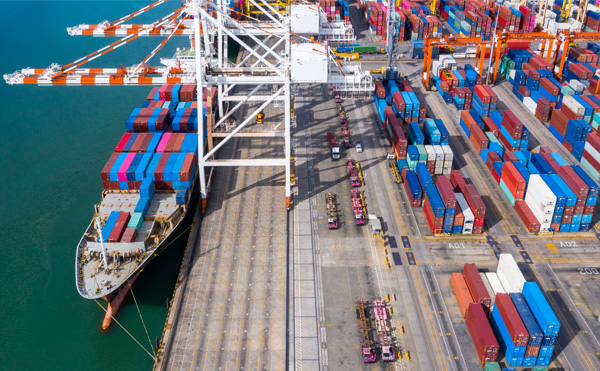In the tapestry of today’s global economy, China stands as a central node, playing an increasingly influential role in international trade and logistics. Its extensive network of freight forwarding operations connects the Asian giant to every corner of the world, shaping global supply chains and facilitating the movement of goods from ‘Made in China’ to ‘Received Globally’. This essay explores the scope, significance, and dynamics of China’s international freight forwarding business that spans continents and oceans.
China’s rise as the world’s foremost manufacturing hub has necessitated the development of sophisticated freight forwarding services capable of handling a diverse range of cargoes destined for various regions around the globe. This includes, but is not limited to, Europe, North America, Africa, South America, and Asia Pacific, illustrating the truly global reach of Chinese freight forwarding services.
These services encompass a broad spectrum of logistical functions, including multimodal transportation (air, sea, rail, and road), customs brokerage, inventory management, packaging, insurance, and real-time shipment tracking. The industry players are adept at navigating the complexities of international regulations, tariff structures, and differing trade policies across countries, ensuring compliance and timely delivery of goods.
The expansion of China’s freight forwarding capabilities is underpinned by substantial investments in infrastructure projects, such as modern seaports, airports, and the New Silk Road initiative. This initiative, also known as the Belt and Road Initiative (BRI), has fostered connectivity through enhanced land and sea corridors, creating new trade routes that link China with Southeast Asia, Central Asia, Africa, and beyond.
Furthermore, China’s freight forwarders have capitalized on digitalization and automation trends, implementing cutting-edge technologies to streamline processes and improve operational efficiency. The use of blockchain, AI-powered predictive analytics, and IoT devices has brought about unprecedented levels of transparency and traceability in global logistics operations.
Despite the challenges posed by geopolitical shifts, climate change concerns, and the ever-changing demands of consumers, China’s international freight forwarding industry remains resilient and adaptive. It continuously evolves to meet the needs of a dynamic market, whether that involves expedited express services for e-commerce retailers, temperature-controlled logistics for pharmaceuticals, or bulk shipping for raw materials and heavy equipment.
The impact of China’s global freight forwarding services extends far beyond the facilitation of trade. It contributes significantly to the economic growth and development of both China and its trading partners, encouraging foreign direct investment, job creation, and industrial cooperation. As sustainability becomes a more pressing issue, the industry is also witnessing a push towards greener practices, with efforts directed towards reducing carbon footprints and improving environmental standards.
In conclusion, China’s international freight forwarding services are integral to the fabric of the global economy, serving as a bridge between production and consumption centers worldwide. Their ongoing evolution and capacity to innovate reflect China’s commitment to maintaining its position as a linchpin in the world’s interconnected logistics system. Through continuous improvement and strategic engagement, China’s freight forwarding industry promises to continue redefining the contours of global trade in the years to come.
CATtrans is a logistics forwarding platform specializing in Japan’s container transportation. Whether you are an individual or an e-commerce company, you can ship one package to Japan and multiple countries around the world.




